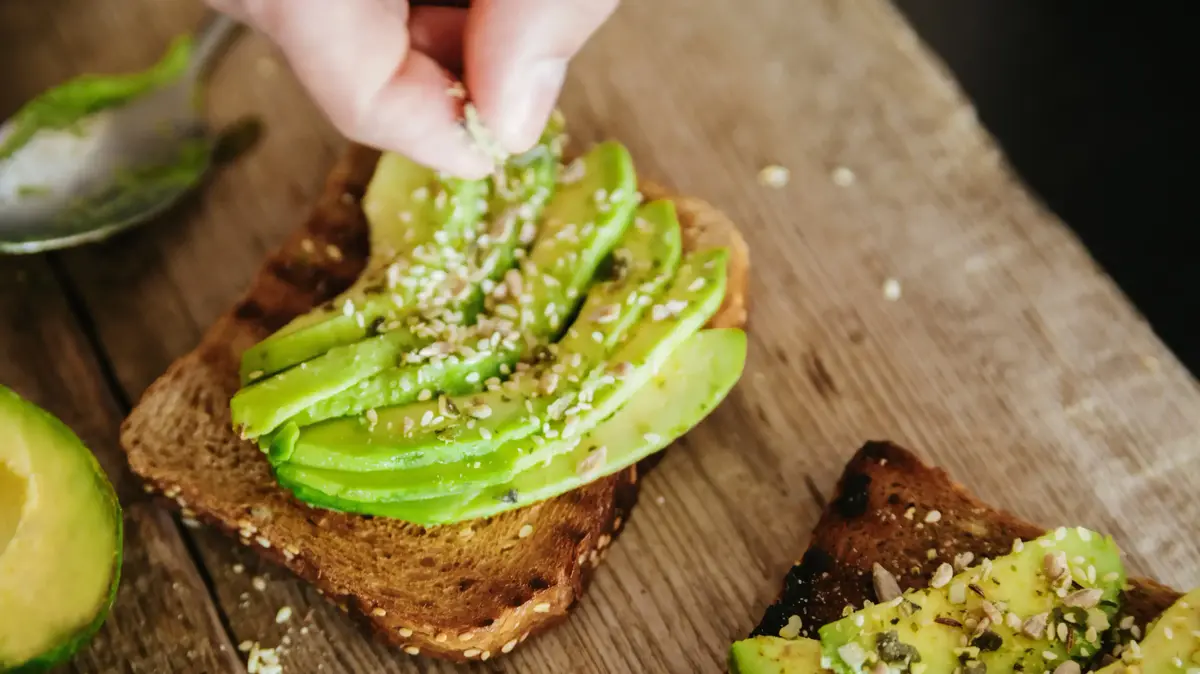Doubt is vital in science.
From it comes the precautionary principle, which seeks to avoid the promotion of activities (such as intermittent fasting) until we are not sure that its benefits outweigh its potential risks.
But doubt is also a fantastic product for those who want to promote it: its existence can mean the difference between selling a product or not selling it for a “large” group of consumers whose health factor influences their purchasing decisions.
Nutritionists come across mediocre, interested and torturous messages on food every day.
Although you don't have to be a nutritionist.
Laura Carosi, a renowned journalist specializing in nutrition, denounced a few days ago an advertisement for a "sugar-free" wine, which makes as much sense as downplaying a pinch because it was given to us with painted nails.
Most of these unprincipled messages come from companies more interested in our pockets than in our health, but many we find them in the media.
In an investigation by Benjamin EJ Cooper and his collaborators (
Public understanding of science
) it was found that between 68% and 72% of the nutritional advice of the best-selling UK newspapers was not rigorous.
In April 2020 (
PLoS One
), Montserrat Rabassa, Pablo Alonso-Coello and Gonzalo Casino concluded that half of the nutritional claims received by the population can be classified as “uncertain”.
But if it is painful for a nutritionist to collide with an opportunistic nutritional message in magazines, radio, television, websites and social networks, it is even more so to find it in a scientific journal.
There it is assumed that the cradle of research rests, the basis of the recommendations of the specialists, the direction to which to direct the feeding of the population.
When this happens, when advertising is camouflaged with supposedly incontestable nutritional evidence (in a few lines we will see a clarifying example), we are facing nutritional agnogenesis.
Generate ignorance
The word agnogenesis is formed from the prefix a (sin) together with the words gnosis (knowledge) and genesis (creation).
That is, it is generating ignorance.
As we can see, it has the same root as the word agnosticism.
But in this case it does not refer to the doubt about the existence of God or other religious or metaphysical affirmations, but to the deliberate, interested and malicious generation of ignorance.
Sow confusion or doubt and make the population believe that nothing is true.
Convincing consumers that everything is changeable and that change is capricious, unmotivated and has no scientific basis is quite a method.
The promoters of doubt as a profession will tell us, above all, that we must distrust any nutritional message that classifies some food as "bad" (unhealthy).
So we can "eat everything" and put in the bag of our diet countless products not to indulge ourselves, but because the important thing is "the overall quality of the diet."
Their analysis reveals that "from a public health point of view, there is no doubt about the positive impact that a reduction in the consumption of red and processed meat would have"
What is the point of trying to sneak in that, paraphrasing Ramón de Campoamor, “there is nothing true or false: everything is according to the color of the glass you look at”?
That if consumers can be convinced that everything is subjective, through the intentional creation of nutritional ignorance (nutritional agnogenesis), these, fed up with unfathomable contradictions, will probably take one of these paths: one labeled with the sign “As a whole little, just in case "(remember: eating everything is not eating healthy), or another whose poster reads" Scientists are not clear, so ignore anything. "
Both are risky, because an unbalanced diet is one of the main mortality risks.
And both benefit the economic health of the food industry.
Another expert journalist specialized in food, Antonio Ortí, summed up this situation by reforming a well-known saying: "A troubled river, profit from agribusiness."
A recent example of this "troubled river" was witnessed in November 2019. The prestigious scientific journal
Annals of Internal Medicine
published a controversial study that suggested that there is no reason to decrease our (high) consumption of red and processed meat.
Diverse authorities in nutrition and organizations of reference took the hands to the head, as I expanded in the article “Meats, sensationalism, irresponsibility and bad science”.
But it was too late: many media echoed the "discovery."
It became clear that the media can play, through ignorance or negligence, a transcendental role as a chain of transmission of nutritional agnogenesis.
Fortunately, Dr. Nerea Martín-Calvo and her collaborators have just demonstrated (
Primary Care
) that the conclusions of the aforementioned study are wrong because an inadequate measurement tool was used.
The quality of the evidence that relates meat and health with the GRADE system was assessed, inadequate to evaluate the effect of nutritional, environmental or lifestyle exposures.
But Martín-Calvo and his team also suggest that the aforementioned controversy could be considered agnogenesis.
Why carry out complex distraction maneuvers?
Why create scientific ignorance about the health effect of red and processed meats?
Why induce the population, in the words of Dr. Marion Nestle, to "nutritional nihilism"?
So that nothing changes.
Which will mean too many people consuming too much meat, something dangerous, as we read in this new research: “Reducing the consumption of red or processed meats to less than 3 servings a week could have a significant impact on mortality in the Spanish adult population (greater even than avoiding all deaths from traffic accidents that occur in the country) ”.
Why induce the population to "nutritional nihilism"?
So that nothing changes.
Which will mean too many people consuming too much meat
Their analysis reveals that "from a public health point of view, there is no doubt about the positive impact that a reduction in the consumption of red and processed meat would have."
It is relevant if we know that the number of Spaniards who consume 3 or more servings / week of red or processed meat could exceed 60%.
But this is not the first agnogenesis (also called agnotology).
The use of scientific arguments made by tobacco companies in the 20th century to hide the risks of smoking is known.
According to Robert N. Proctor, professor of the history of science at Stanford, the "tobacco merchants" were in the last century "masters in promoting ignorance to combat knowledge."
How far do the attempts to dress the advertising of health properties of products as unhealthy as tobacco go?
Until today.
In addition to red and processed meats, it happens with alcoholic beverages and unhealthy foods, according to Francisco Ojuelos, a prestigious lawyer expert in food law, in his text "Illicit advertising and health: closing the circle."
Nutritional agnogenesis is one more face of the predatory marketing that surrounds us.
It is advertising in the hands of opinion leaders.
It is knowingly using the research for commercial purposes.
It is, in short, the obscurantism camouflaged as science and placed in an irreproachable showcase, in a prestigious space that gives it a brilliance that it doesn't really have, but that gives it credibility: that of reputed scientific publications.
Fortunately, bad science is fought, as Dr. Martín-Calvo and her collaborators have shown, with good science.
We will continue to do our part and you, if you allow me, be alert.
Julio Basulto
(
@JulioBasulto_DN
) is a Dietitian-Nutritionist who tries to convince the world that eating badly is not compensated with a carrot.
He also gives lectures, works as a teacher at various academic institutions, collaborates with different media and is the author of numerous scientific and informative publications (
www.juliobasulto.com
).
NUTRIR CON CIENCIA
is a section on diet based on scientific evidence and knowledge verified by specialists.
Eating is much more than a pleasure and a necessity: diet and eating habits are right now the public health factor that can most help us prevent many diseases, from many types of cancer to diabetes.
A team of dietitians-nutritionists will help us to better understand the importance of food and to break down, thanks to science, the myths that lead us to eat badly.
You can follow
Materia
on
,
,
or subscribe here to our
newsletter









